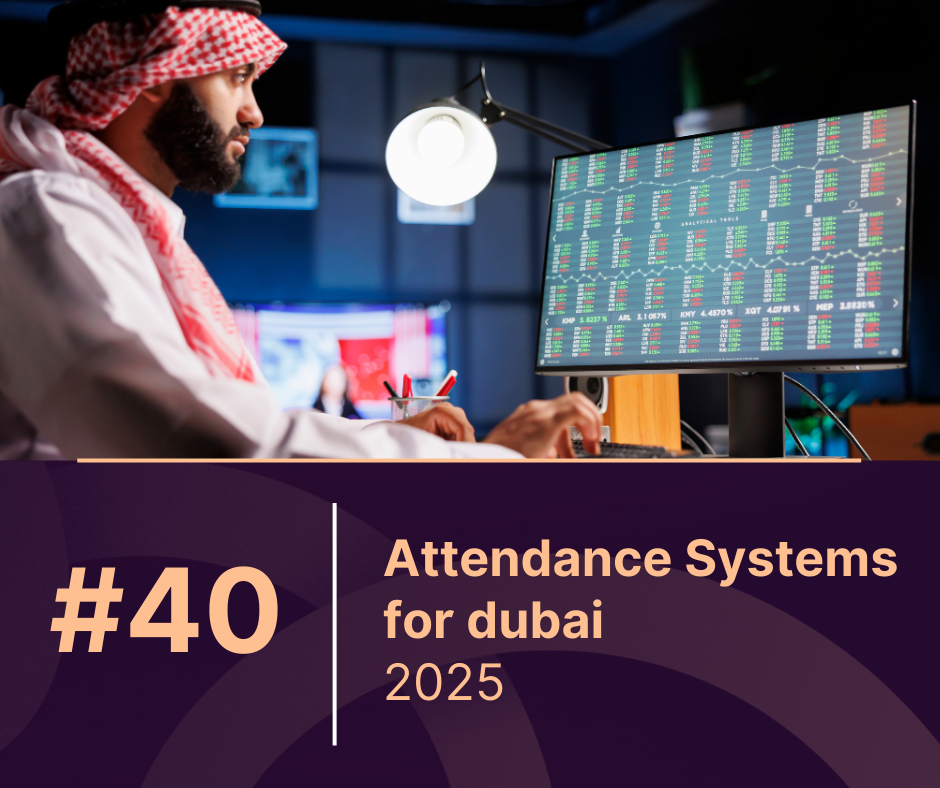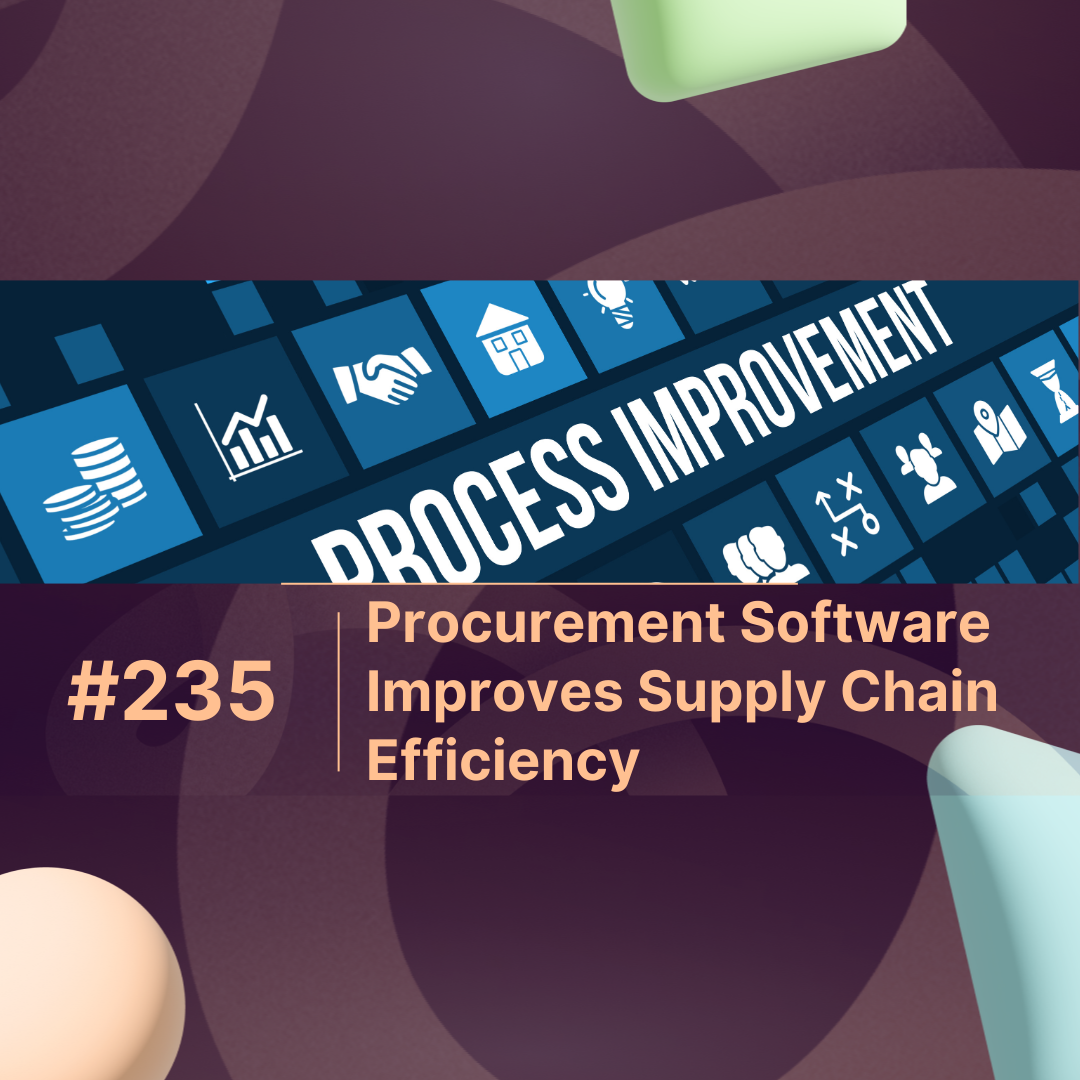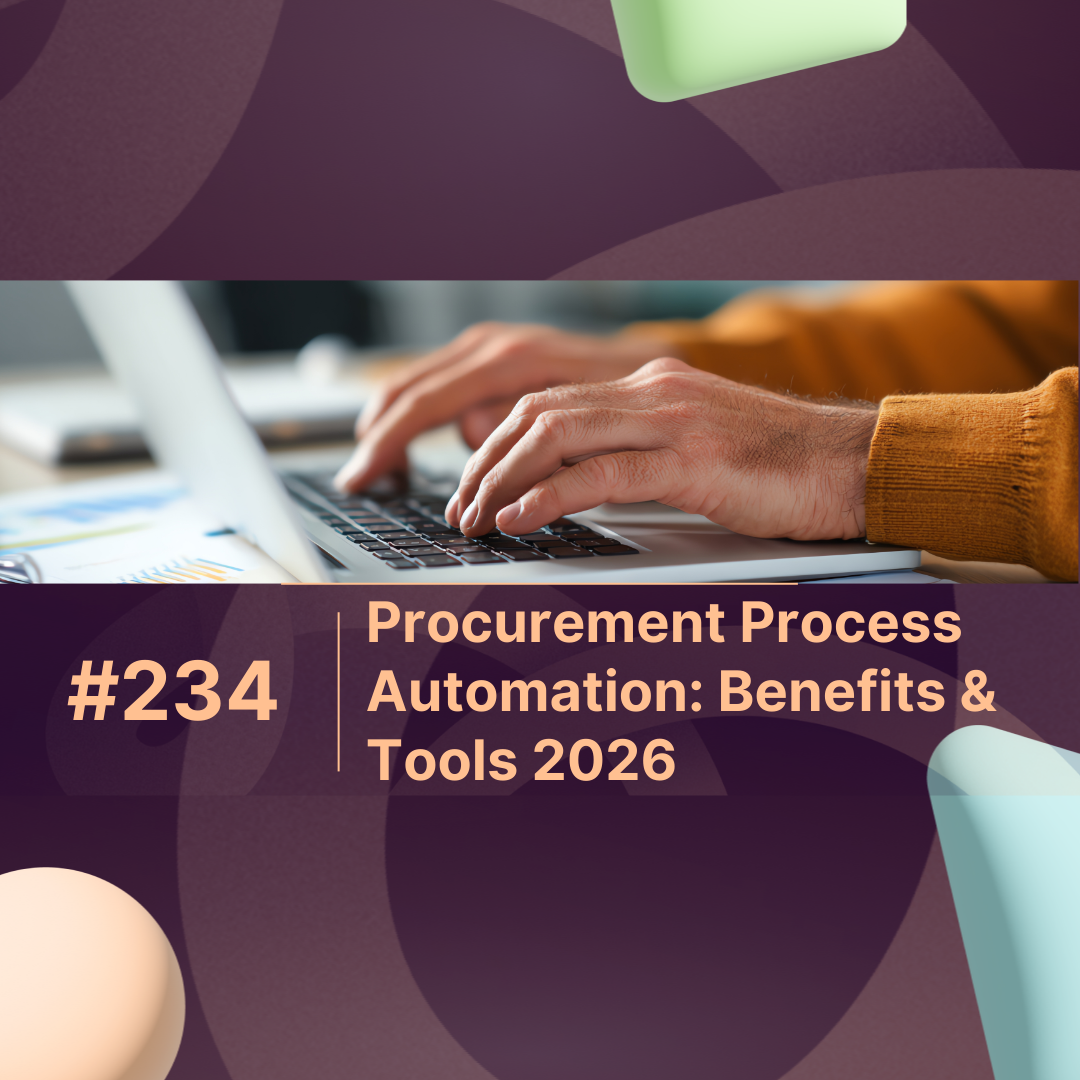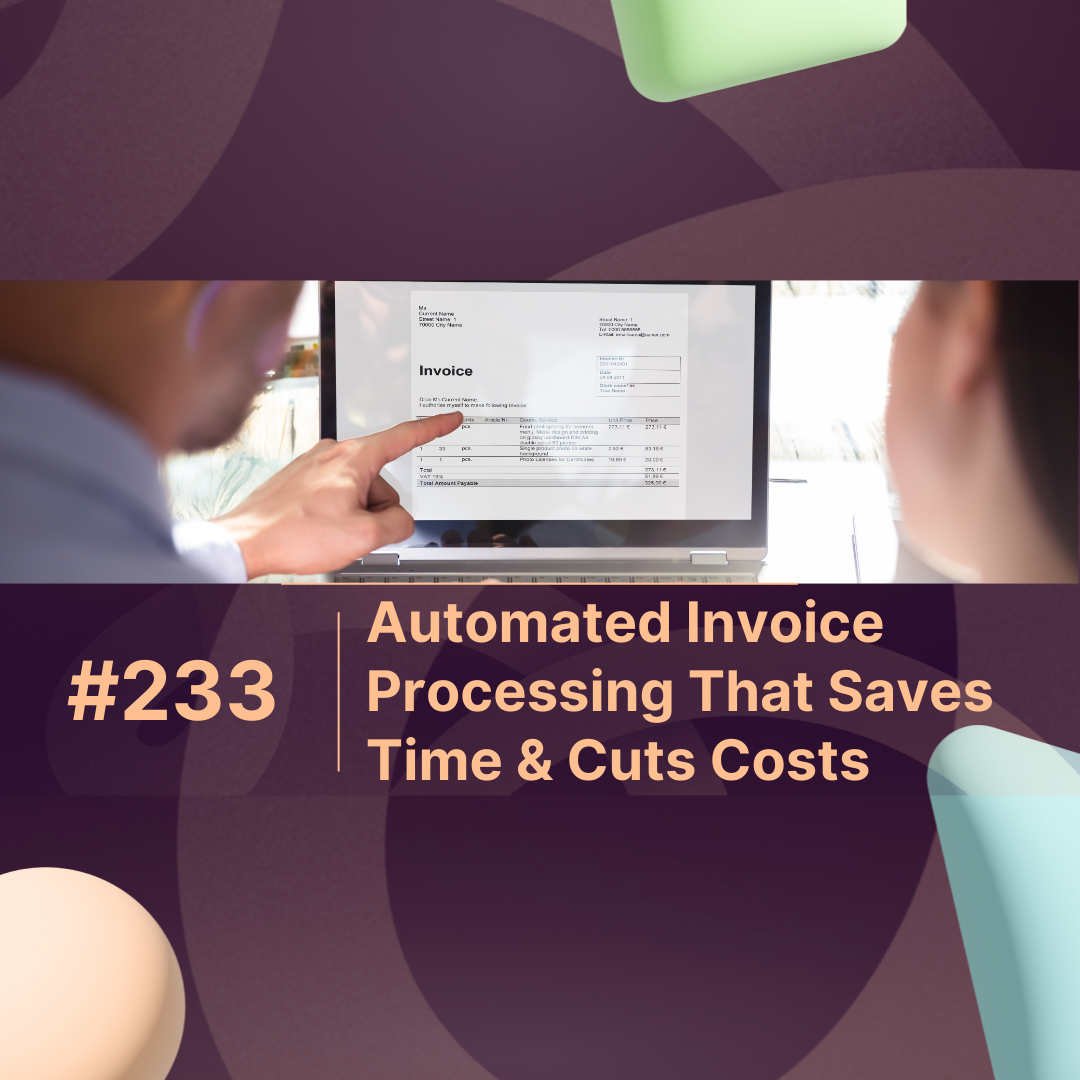Overview
Choosing between cloud-based and on-premises Time Attendance Systems can be one of the most important decisions for HR and business leaders. The right solution affects not just employee attendance tracking, but also payroll accuracy, compliance, and long-term scalability.
In this article, we’ll break down the key differences, benefits, and challenges of both systems, and help you understand which approach suits your organization best. We’ll also explore how modern solutions like MaxHR simplify workforce management through flexible, cloud-driven attendance tracking.
What Are Time Attendance Systems?
Time Attendance Systems are software or hardware solutions that record, track, and manage employee working hours. These systems automate attendance monitoring, eliminate manual errors, and improve payroll accuracy.
In today’s digital-first workplace, businesses rely on two main types of systems:
-
Cloud-Based Time Attendance Systems
-
On-Premises Time Attendance Systems
Each offers unique benefits depending on your company’s size, infrastructure, and compliance requirements.
Cloud-Based Time Attendance Systems
A cloud-based time attendance system operates via the internet and stores all data on remote servers. It can be accessed anytime, anywhere, through browsers or mobile apps.
Key Advantages
-
Accessibility: Employees and managers can log in from any location.
-
Scalability: Perfect for growing teams or remote work setups.
-
Automatic Updates: No need for manual software upgrades.
-
Cost-Effective: Reduces IT maintenance and server costs.
-
Real-Time Reporting: Managers can view attendance and productivity data instantly.
Example in Action
If your company manages distributed teams, a cloud-based platform ensures real-time attendance tracking and integration with payroll — something MaxHR handles seamlessly through its unified HR suite.
On-Premises Time Attendance Systems
On-premises systems are installed locally on the company’s servers and maintained by in-house IT teams. They have been the traditional choice for organizations seeking complete control over their data.
Key Advantages
-
Data Control: Sensitive information stays within your internal network.
-
Customization: Systems can be tailored to specific organizational workflows.
-
Offline Operation: Doesn’t rely on internet connectivity.
Challenges
However, on-premises systems require higher upfront investment, ongoing server maintenance, and manual software updates. As organizations scale or adopt remote work, these systems can become less flexible and more resource-heavy.
Comparative Overview: Cloud vs. On-Premises
| Feature | Cloud-Based System | On-Premises System |
|---|---|---|
| Setup Cost | Low initial cost | High upfront investment |
| Data Storage | Remote cloud servers | Local company servers |
| Accessibility | Global, via internet | Limited to internal network |
| Maintenance | Managed by provider | Managed by internal IT team |
| Scalability | Easy to scale as business grows | Requires manual expansion |
| Security | Encrypted and compliance-certified | Depends on in-house controls |
| Updates | Automatic | Manual installation |
| Remote Work Compatibility | Excellent | Limited |
A 2025 HR Tech Report found that 73% of companies now prefer cloud-based attendance software for its cost efficiency, mobility, and automation capabilities.
Direct Answer
Time Attendance Systems are tools that record and manage employee working hours. The key difference between cloud-based and on-premises systems lies in accessibility and maintenance. Cloud-based systems are online, scalable, and cost-efficient, while on-premises systems offer more control but require higher setup and maintenance costs.
Which Time Attendance System Should You Choose?
The best choice depends on your business structure, budget, and compliance needs.
-
Choose Cloud-Based if you have remote or hybrid teams, limited IT resources, or prefer automation and scalability.
-
Choose On-Premises if your organization handles highly confidential data and has a strong in-house IT infrastructure.
Many growing companies are now adopting hybrid HR solutions that combine the best of both worlds. Platforms like MaxHR provide secure, cloud-based time tracking integrated with payroll, performance management, and leave automation helping businesses save time while ensuring accuracy.
The Future of Time Attendance Systems
As AI and automation continue to shape HR technology, the future of Time Attendance Systems lies in intelligent integration — systems that not only track attendance but also analyze employee productivity, predict absenteeism trends, and support compliance in real time.
With MaxHR, companies gain visibility across multiple locations, enabling smarter workforce decisions and more efficient HR operations.
Conclusion
Both cloud-based and on-premises Time Attendance Systems serve vital roles in workforce management. However, as businesses evolve toward hybrid and remote models, cloud-based systems are becoming the preferred choice due to their scalability, mobility, and lower maintenance costs.
By adopting modern, AI-powered solutions like MaxHR, organizations can streamline attendance tracking, reduce manual errors, and stay compliant — all while empowering employees to take control of their schedules and productivity.
FAQs on Time Attendance Systems
1. What is a Time Attendance System and why is it important?
A Time Attendance System is a tool that records employee working hours automatically. It ensures accurate payroll, compliance, and workforce efficiency.
2. How do cloud-based Time Attendance Systems work?
They store data on secure remote servers accessible via the internet, allowing HR teams to track attendance in real time from any device.
3. Which is more secure: cloud-based or on-premises?
Both can be secure if properly managed. Cloud systems use advanced encryption and compliance standards, while on-premises rely on internal IT security protocols.
4. Can small businesses use Time Attendance Systems?
Yes, many modern cloud-based solutions are affordable and scalable, making them ideal for small and medium-sized businesses.
5. What makes MaxHR different from other attendance solutions?
MaxHR integrates attendance, payroll, and performance management into one cloud-based platform, offering automation, real-time insights, and effortless scalability.



